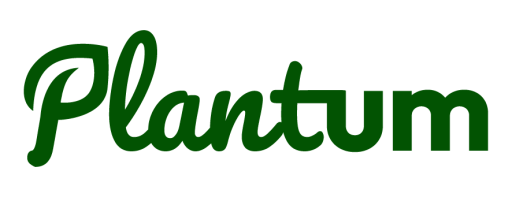At the Dutch Seed Symposium an interesting spectrum of issues about seeds and seed physiology is presented by international researchers, aiming to give the participants a broad perspective of the present state of the art in seed science, bringing science and business together. The presentations as well as the participants are interesting and stimulating for everyone who is involved with seeds in their profession. The Dutch Seed Symposium also provides a great opportunity to meet and talk to a broad range of people active in the seed industry.
You are welcome to join the Symposium starting 09.00-09.30 hours registration with coffee/tea and closing 16.45 – 18.00 hours with drinks and snacks.
REGISTER AND CONTACT
View the preliminary program of the 12th Dutch Seed Symposium 2024
You can register here, until September 24th 2024.
For questions you can contact Monique van Vegchel.
The Dutch Seed Symposium is an initiative of Dutch seed companies, associated with Plantum.




